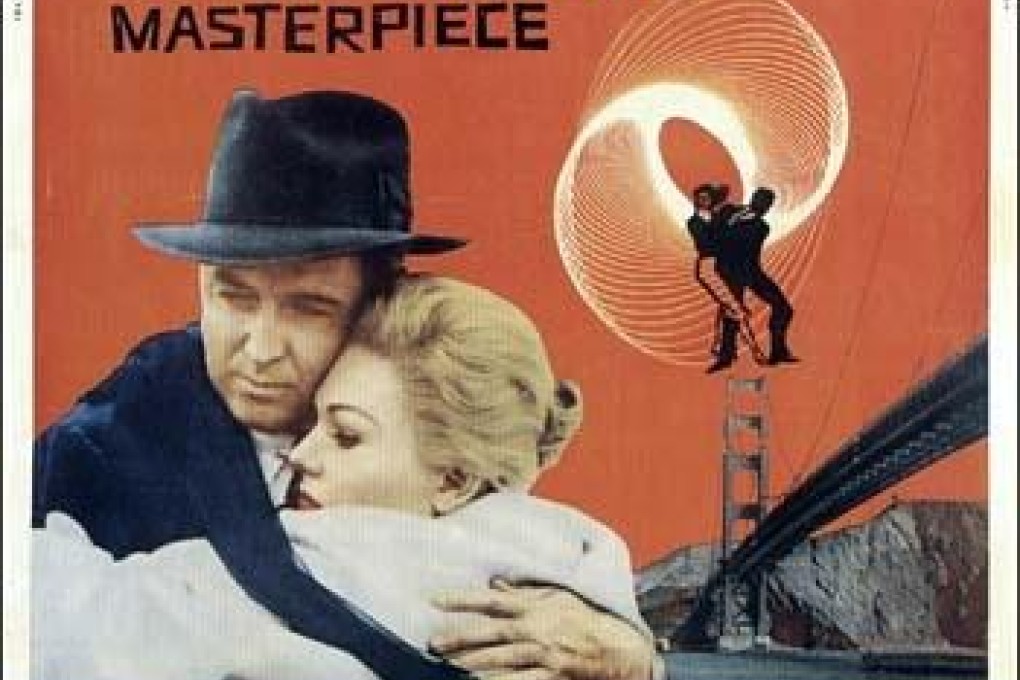
James Stewart, Kim Novac, Barbara Bel Geddes Alfred Hitchcock It's official: Vertigo is the greatest film of all time - well, according to a critics' poll in British film magazine Sight & Sound. And the monthly publication for the dedicated and discerning cinephile is not to be trifled with.
For half a century, Citizen Kane reigned supreme at the top - until this year. Orson Welles' multi-layered, visionary epic about a bombastic media mogul had triumphed for so many years it seemed nothing could threaten its dominance. But then out of the shadows came Alfred Hitchcock's classic to steal Kane's crown.
To some observers it is a significant coup: Hitchcock's 1958 masterpiece is viewed by many as a perfect example of menacing understatement. On the other hand, cynics say the changing of the guard at the top of the poll coincides rather too neatly with the ongoing Hitchcock retrospective at the BFI South Bank in London.
The story follows John "Scottie" Ferguson (played by James Stewart), a retired police detective suffering from post-traumatic stress (that is, guilt and melancholia) and acute acrophobia (vertigo) who is hired by an old acquaintance to follow his wife, Madeleine (Kim Novak). Her behaviour has become increasingly erratic, with the husband believing her to be possessed by a long-dead relative of hers. Scottie reluctantly agrees to take on the job.
Before long Scottie is in over his head, having formed a doomed relationship with the mysterious blonde. The consequences are fatal as he falls deeper and deeper into an uncontrollable funk, climaxing with Madeleine's tragic suicide (jumping from a bell tower) - leaving Scottie a broken, confused and haunted man. Then the film takes an intriguing turn, exceeding all expectations.
Beautifully shot on location in and around San Francisco, with cinematographer Robert Burks making full use of the Bay Area, there are also some visually daring moments such as the dolly zoom effect to illustrate Scottie's vertigo, an animated nightmare sequence before his arrival at a mental hospital, and a plethora of close-up shots, a Hitchcockian staple.